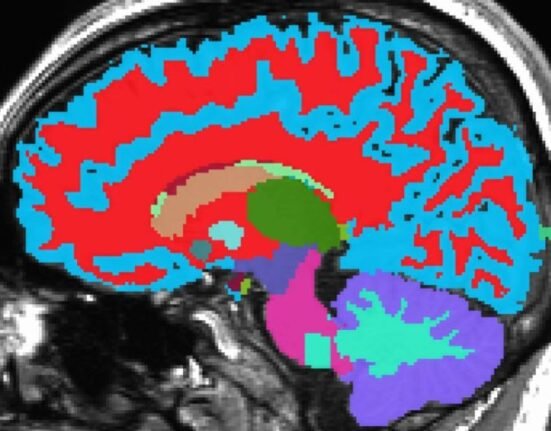HQ Team
July 10, 2024: Intensive diet and lifestyle changes may forestall a cognitive decline in Alzheimer’s disease and make progress for patients during early stages, a study finds.
Researchers from the US, the UK, Finland, and Sweden studied 51 subjects, whose average age was 73.5.
The subjects were in the initial stages of Alzheimer’s disease and all had been diagnosed with mild cognitive impairment or early dementia.
Twenty-six were randomly assigned to the intervention group and 25 to the control group. Lifestyle changes such as diet, exercise and socialisation were followed by the participants in the intervention group.
Over 20 weeks, those in the intervention group were asked to eat a strict vegan diet, with all meals plus snacks for subjects and their spouses delivered to their homes.
Aerobic exercises
The regimen, which was not calorie-restricted, was augmented by supplements believed to support cognition, including omega 3 fatty acids, curcumin, a multivitamin, vitamins C and B12, magnesium L-threonate, coenzyme Q, a probiotic, and lion’s mane.
Those interventions were coupled with 30 minutes of aerobic exercise daily and strength training three times a week.
For stress reduction, subjects meditated, and did yoga poses, stretching, and breathing exercises in a daily hour led by a stress management specialist.
To boost social support, subjects and spouses participated in an hour-long support group three times a week led by a mental health professional.
The participants received 12 hours per week of professional support — delivered via Zoom — for the lifestyle interventions.
Blood, microbiomes
To establish a baseline and gauge progress, participants took four standard tests used to measure cognitive performance in FDA drug trials.
The results varied by test but generally showed the intervention group improved or stayed the same while the control group stayed the same or worsened, the researchers wrote in Alzheimer’s Research and Therapy journal.
The researchers also examined participants’ blood and microbiomes.
One biomarker, called pTau 181, showed little change between the controls and the intervention group, but researchers found improvements in another marker, which measures the ratio of two forms of the amyloid beta protein, which forms plaques in the brain that are hallmarks of Alzheimer’s disease.
Cholesterol, A1c
Measures associated with cardiac and metabolic health like cholesterol, A1c, haemoglobin, and others also improved.
Researchers acknowledged their study’s relatively small sample size was a shortcoming and said its design as a randomized controlled trial, considered a scientific gold standard, was a strength.
“In my heart of hearts, I think there is something real here,” said Steven Arnold, professor of neurology at HMS, Massachusetts General Hospital and an E. Gerald Corrigan Chair in Alzheimer’s Therapeutic Science.
“I think this is a well-done study. It needs to be bigger. It needs to be longer,” said Arnold, an author of the study. “But I’m the first to say that it’s a small study. It was only 20 weeks, so let’s not jump to any conclusions. But boy, what a great start.”
“I want people to be intrigued and enthused by its findings, but not overinterpret them because more data is needed.”
‘Shocking’
Rudolph Tanzi, co-director of the MassGeneral Institute for Neurodegenerative Disease said: “To get significant results on these cognitive tests in just 20 weeks, in just 50 patients, only altering lifestyle, to be very honest was just shocking to me, but shocking because it says maybe this matters.”
“This should be looked at as a pilot study, but the pilot data are significant and strongly suggest that lifestyle intervention was effective,” said Tanzi, who is an author of the study.
Arnold said the diet, exercise, stress reduction, and socialisation intervention may work “as well or better” than some of the drugs used for Alzheimer’s disease.








